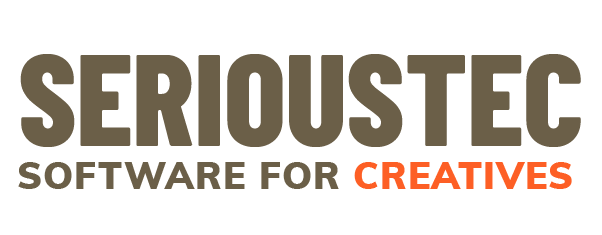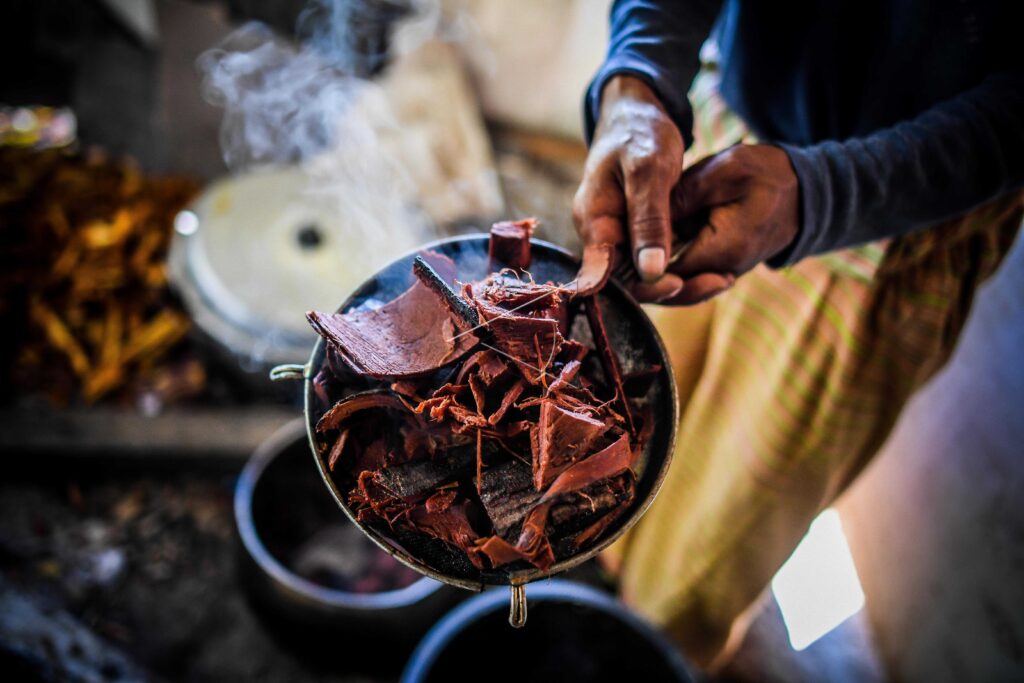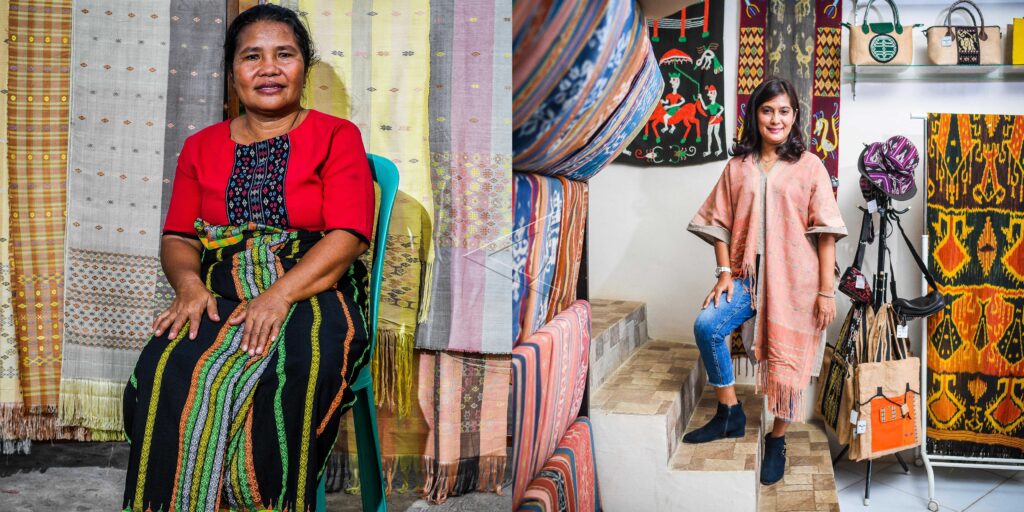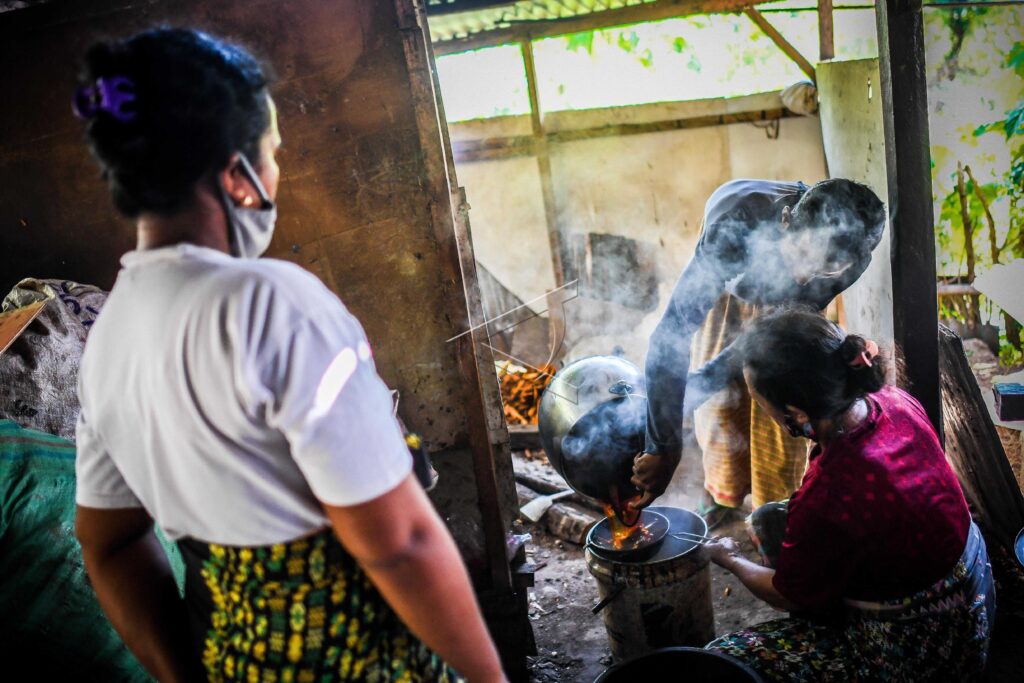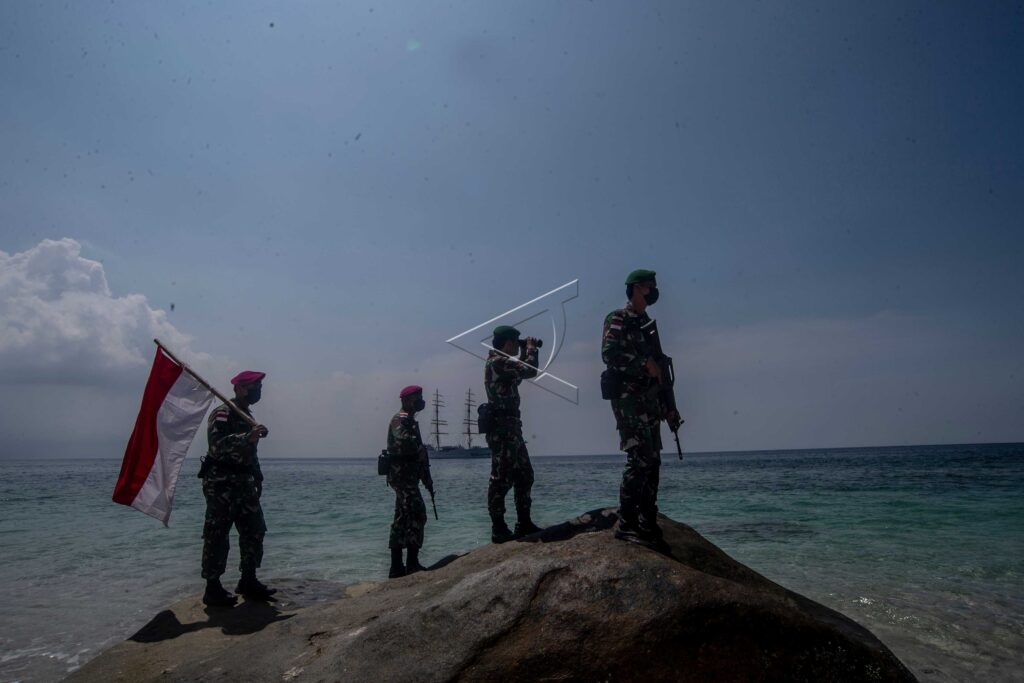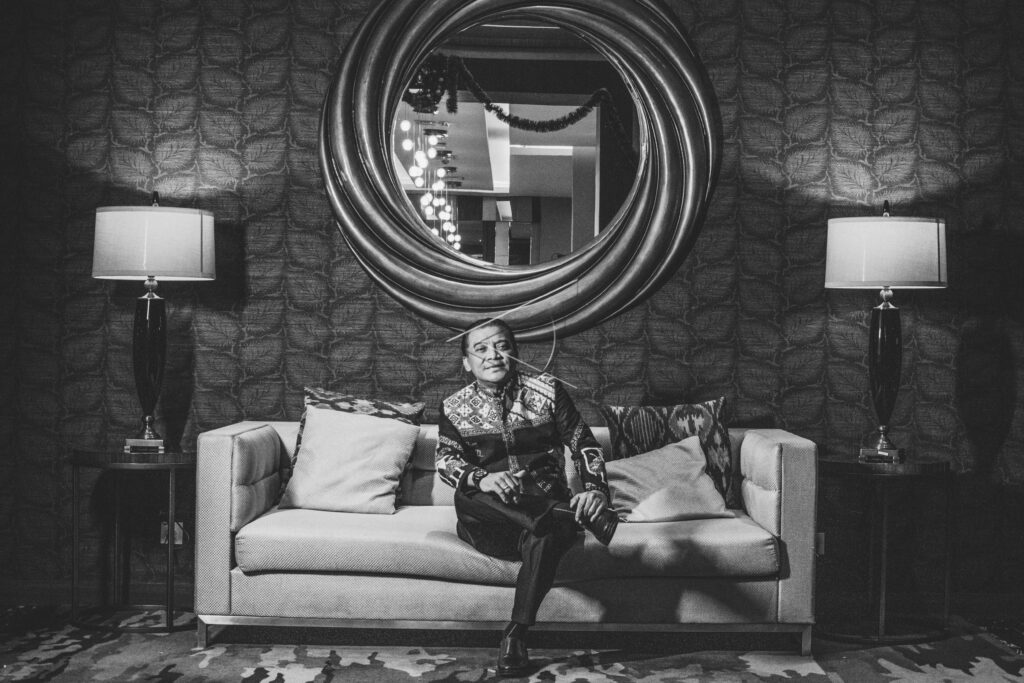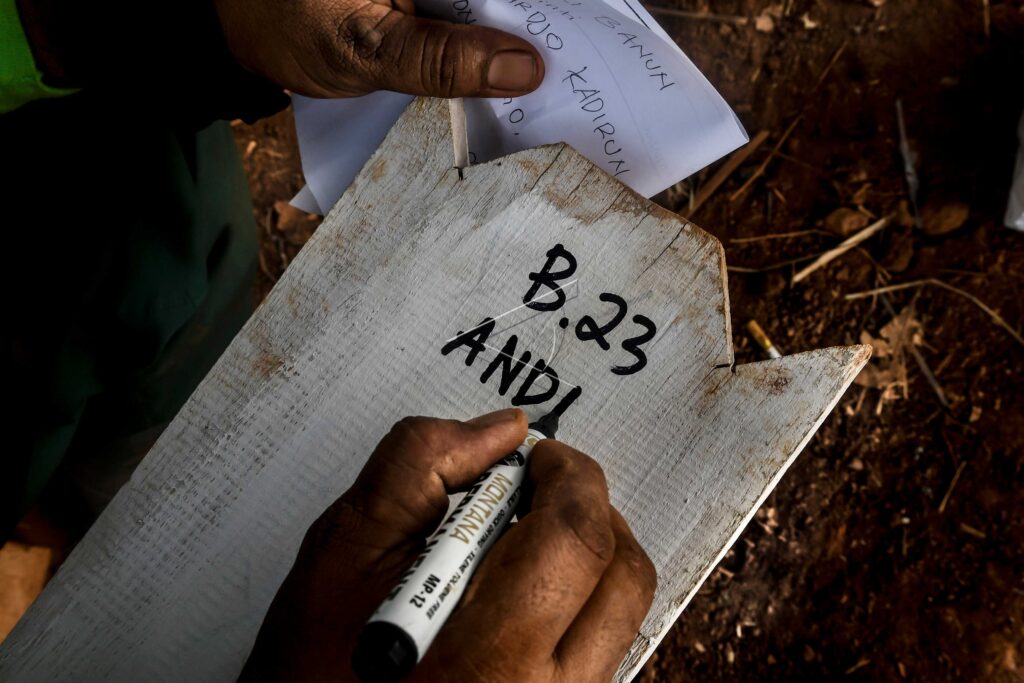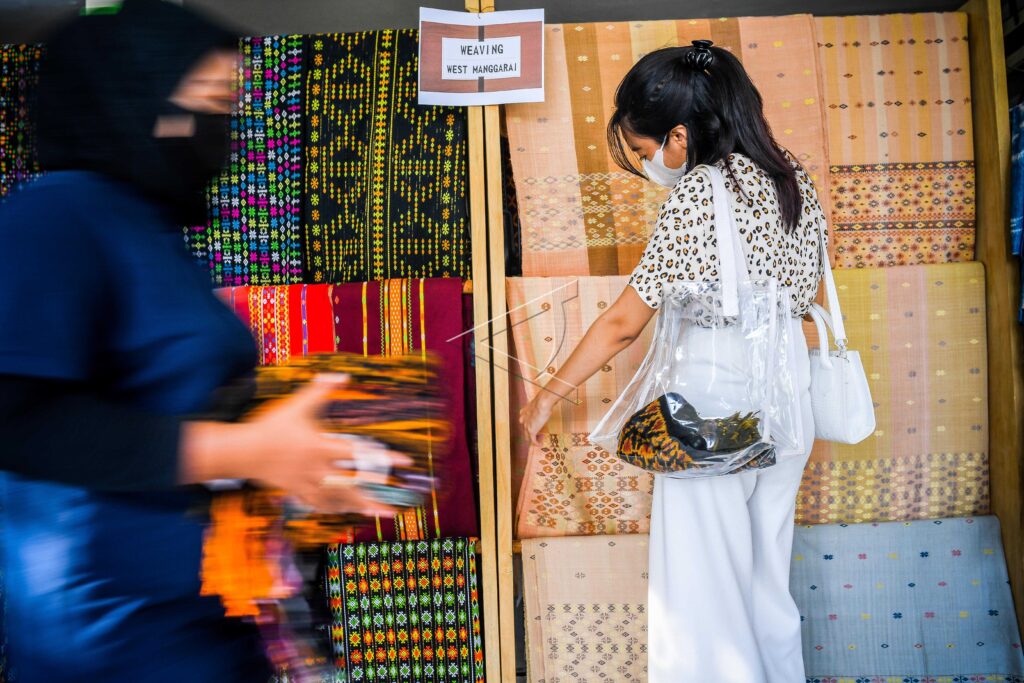
JOURNEY OF SONGKE MANGGARAI
The sun was rising up, the smell of coffee and boiled bananas warmed the conversations of a number of 'mamak' (mothers) at the dahlia weaving house in Lembor Village, West Manggarai, East Nusa Tenggara. Tens of weavers very skillfully play with their fingers to make a typical Manggarai weave or often called Songke.
An elderly woman who is familiarly called Mama Viktoria seems serious about making sure the threads don't clump. With their bodies wrapped in songke woven cloth, Viktoria and other weavers untwist the threads to be given natural dyes.
Water decoction of jackfruit wood turns white threads into yellow threads, while the mahogany dyed formulation produces brown woven fiber candidates.
The fingers of the mothers insert strand by strand of thread, weaving it into a songke cloth with a typical Manggarai motif, namely the manuk eye. The soft, unobtrusive color is the characteristic of songke cloth with natural dyes.
Some of the finished songke fabrics are ready to be picked up by the customer. Some of them are also on display in the window. One of the customers, Candy Mayangsari, who is the owner of MSMEs and crafts, continues the journey of the Dahlia Group's mamas to the customers. In her tiny shop in Labuan Bajo, Candy arranges and exhibits songke cloth and various knick-knacks with weaving accents.
Songke products are also displayed in the virtual storefront. Lokapasar is a way to introduce mama's woven products to buyers in places farther and wider to foreign countries.
This MSME digitization program is in line with the government's steps through the program of Proudly Made in Indonesia National Movement which encourages MSME owners to join the digital ecosystem to help their business continuity. The government targets that 30 million MSMEs, or around 50 percent of the population, will join the digital ecosystem by 2024.
Photos and text : Rivan Awal Lingga
Editor : Prasetyo Utomo
